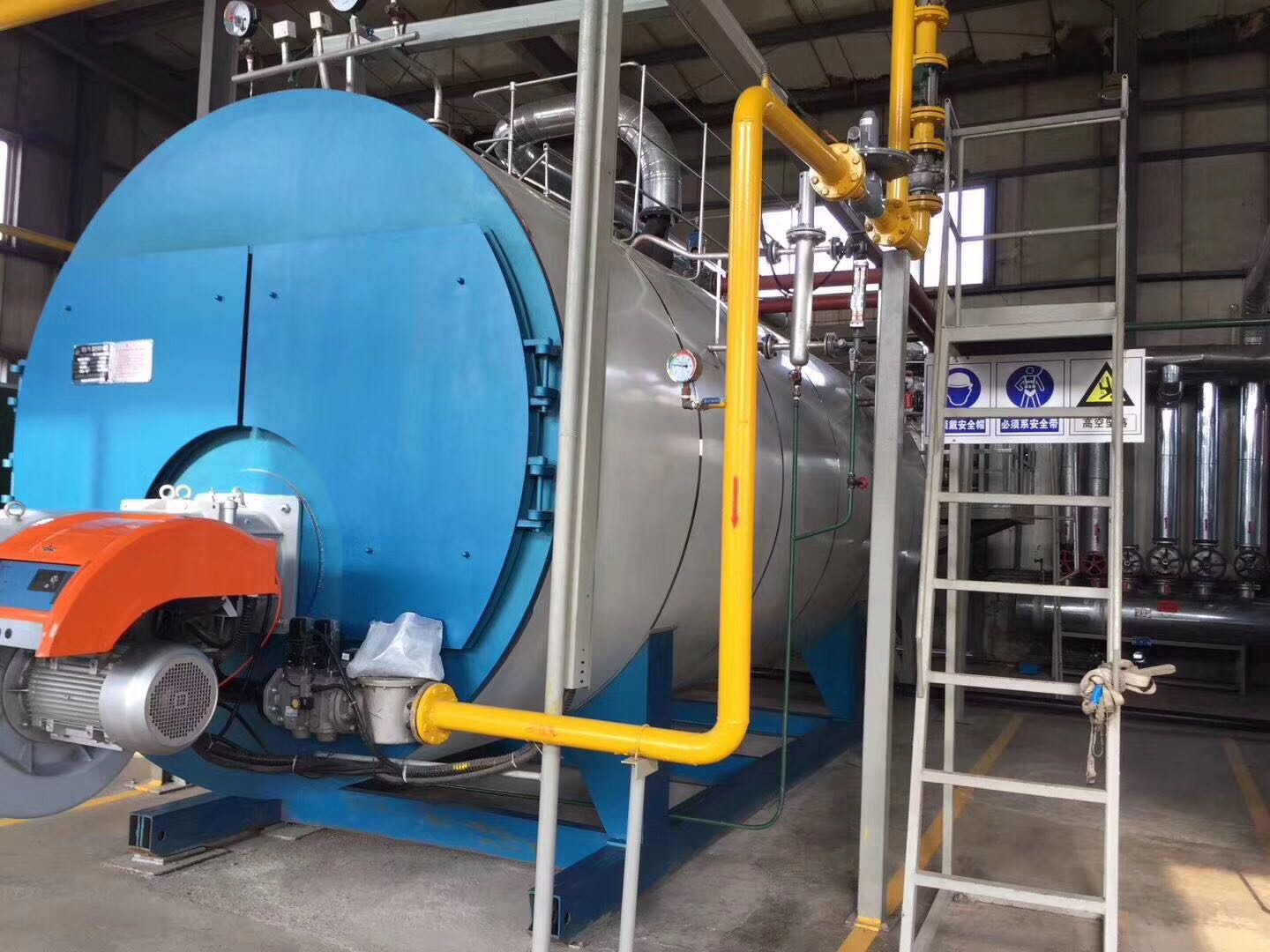CE Certification for Reciprocating Grate Steam Boilers and Their Benefits
Understanding CE Certification for Reciprocating Grate Steam Boilers
In the realm of industrial machinery, steam boilers play a pivotal role in various processes, providing necessary heat energy for production lines, power generation, and even space heating. Among the many types of steam boilers available, reciprocating grate boilers are particularly notable for their efficiency and effectiveness in burning solid fuels. However, the importance of adhering to rigorous safety and quality standards cannot be overstated. This is where CE certification becomes crucial.
What is CE Certification?
CE marking is a certification that indicates a product meets the essential requirements of relevant European health, safety, and environmental protection legislation. The CE stands for Conformité Européenne, which translates to European Conformity. In simpler terms, obtaining a CE mark signifies that a product is compliant with European Union directives, facilitating free trade within the European Economic Area (EEA).
For reciprocating grate steam boilers, CE certification can encompass several directives, including the Pressure Equipment Directive (PED), the Low Voltage Directive (LVD), and the Machinery Directive. These directives ensure that the boilers are designed and manufactured to operate safely and efficiently, reducing risks for operators and the environment.
The Importance of CE Certification for Reciprocating Grate Steam Boilers
1. Safety Assurance The primary goal of CE certification is to ensure safety. Reciprocating grate boilers operate under high pressure and temperature, making it crucial for them to be designed with stringent safety measures. The certification process involves rigorous assessments to minimize risks such as explosions or equipment failures, protecting both personnel and infrastructure.
2. Quality Standards CE certification requires that all aspects of production meet high-quality standards. This includes materials used, manufacturing processes, and final inspections. A certified boiler not only guarantees enhanced durability but also assures clients of its reliability.
3. Market Access By obtaining CE certification, manufacturers can access European markets more easily. Many countries within the EU require CE marking for products that fall under relevant directives, which can open up new business opportunities and enhance competitiveness.
4. Environmental Considerations Many modern reciprocating grate boilers are designed to be more environmentally friendly, focusing on lower emissions and higher efficiency. CE certification includes guidelines that address environmental standards, ensuring that the boilers contribute positively to sustainability goals.
ce certification reciprocating grate steam boiler

5. Consumer Trust In today’s market, consumers are increasingly aware of safety and quality. A product bearing the CE mark communicates that it has undergone extensive evaluation and meets internationally recognized standards. This builds trust with clients and end-users.
The CE Certification Process
The path towards CE certification for reciprocating grate steam boilers involves several steps
1. Assessment of Conformity This step entails ensuring the boiler meets relevant technical specifications and standards laid out by EU directives.
2. Testing The boiler must be subjected to rigorous testing to verify its performance under expected operational conditions.
3. Documentation Manufacturers need to prepare a technical file that includes all necessary documentation, such as design calculations, test results, and operating instructions.
4. Declaration of Conformity Upon successful assessment and testing, manufacturers must draw up and sign an EU Declaration of Conformity, declaring that the boiler complies with all applicable directives.
5. Affixing the CE Mark Finally, once all requirements have been met, the CE mark can be affixed to the product, allowing it to be marketed within the EEA.
Conclusion
In the competitive landscape of industrial machinery, CE certification stands out as a testament to the quality, safety, and environmental responsibility of reciprocating grate steam boilers. For manufacturers, investing in CE certification is not just a regulatory requirement; it is a commitment to excellence. For consumers, it provides peace of mind, knowing that the products they use meet stringent safety and performance criteria. As industries evolve, the relevance of CE certification will only continue to grow, ensuring that high standards are maintained across the board.
-
High-Efficiency House Hot Water Boiler Supplier & Factory Reliable House Hot Water Boiler Product SolutionsNewsJul.04,2025
-
Top Boiler Dealer & Supplier Quality Boiler Dealer Products from Factory DirectNewsJul.04,2025
-
High-Efficiency Waste Heat Recovery Boiler Expert Service & QuotesNewsJul.04,2025
-
Top Industrial Boiler Contractors Supplier & Factory Quality Products & ServicesNewsJun.10,2025
-
Panasonic Hot Water Boiler - Reliable & Energy Efficient Heating SolutionNewsJun.10,2025
-
Pennco Steam Boilers High-Efficiency & Durable SolutionsNewsJun.10,2025

